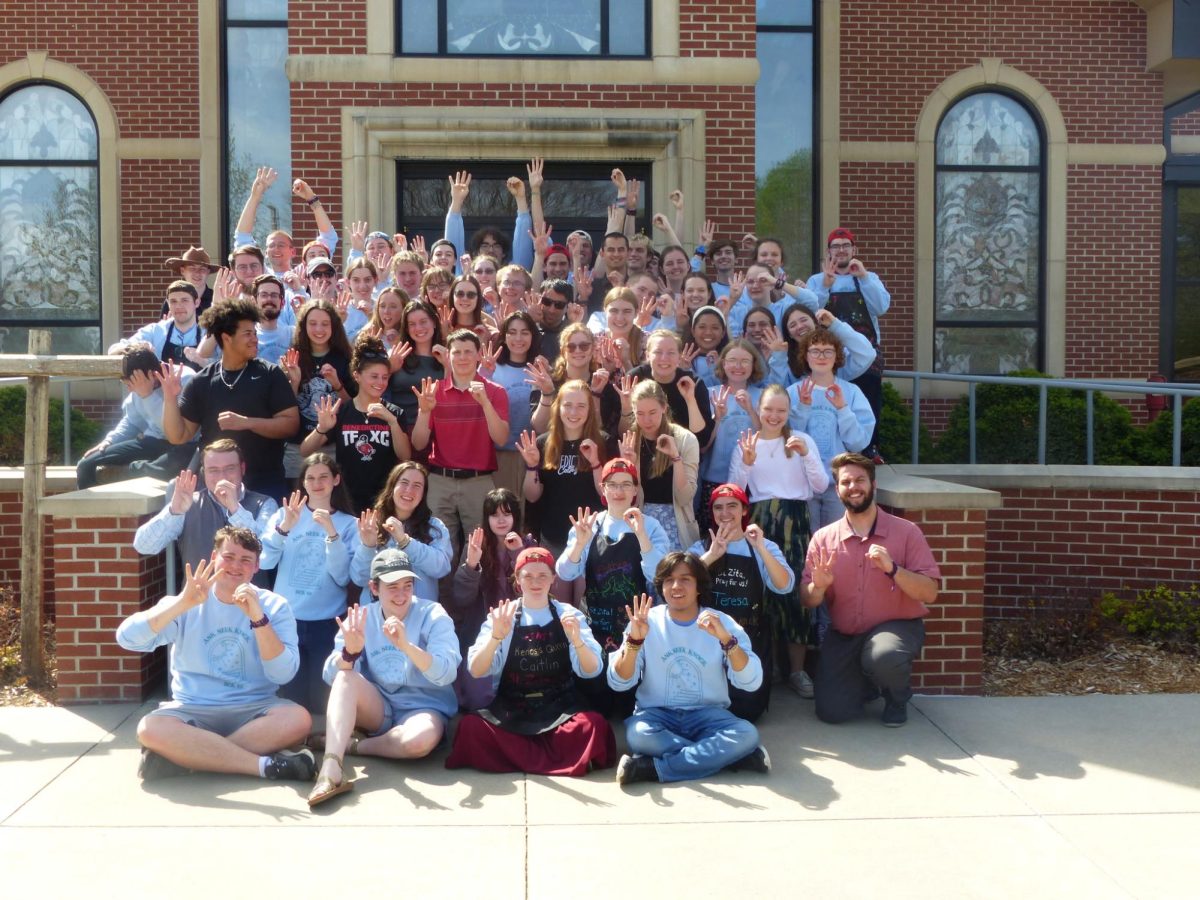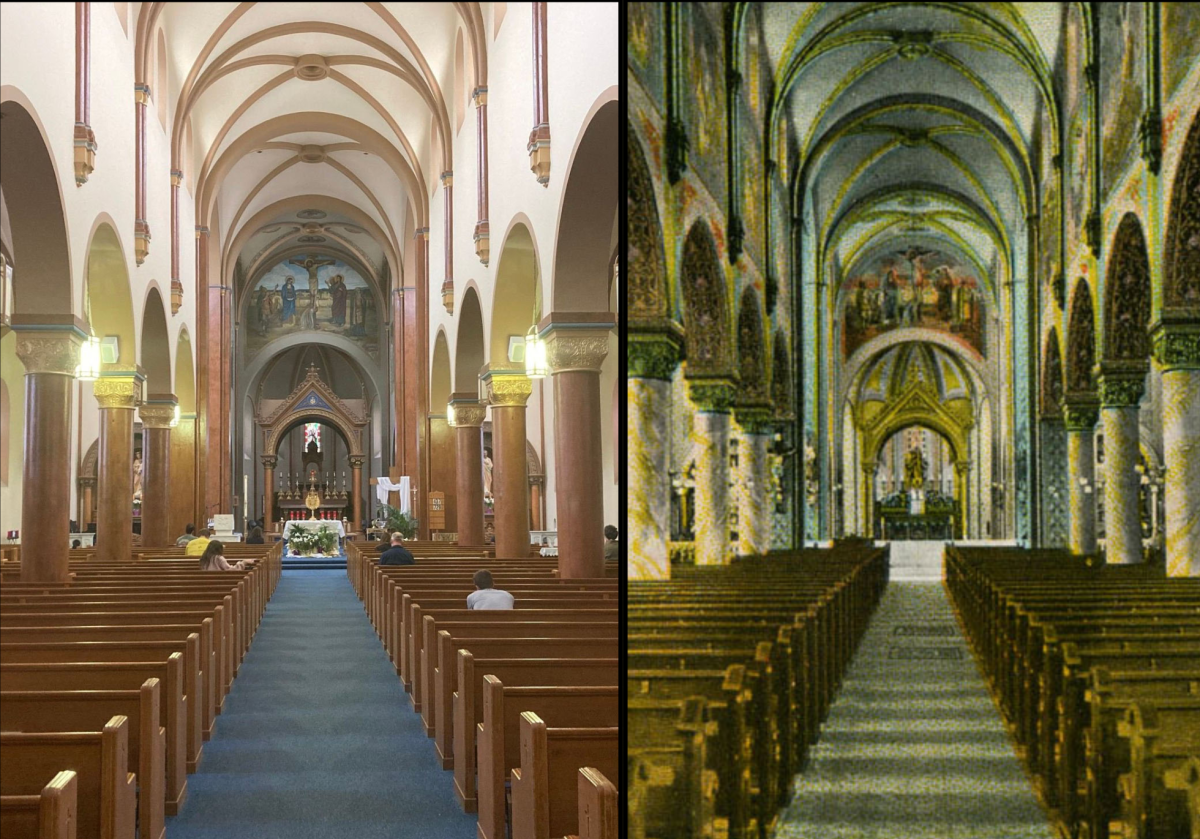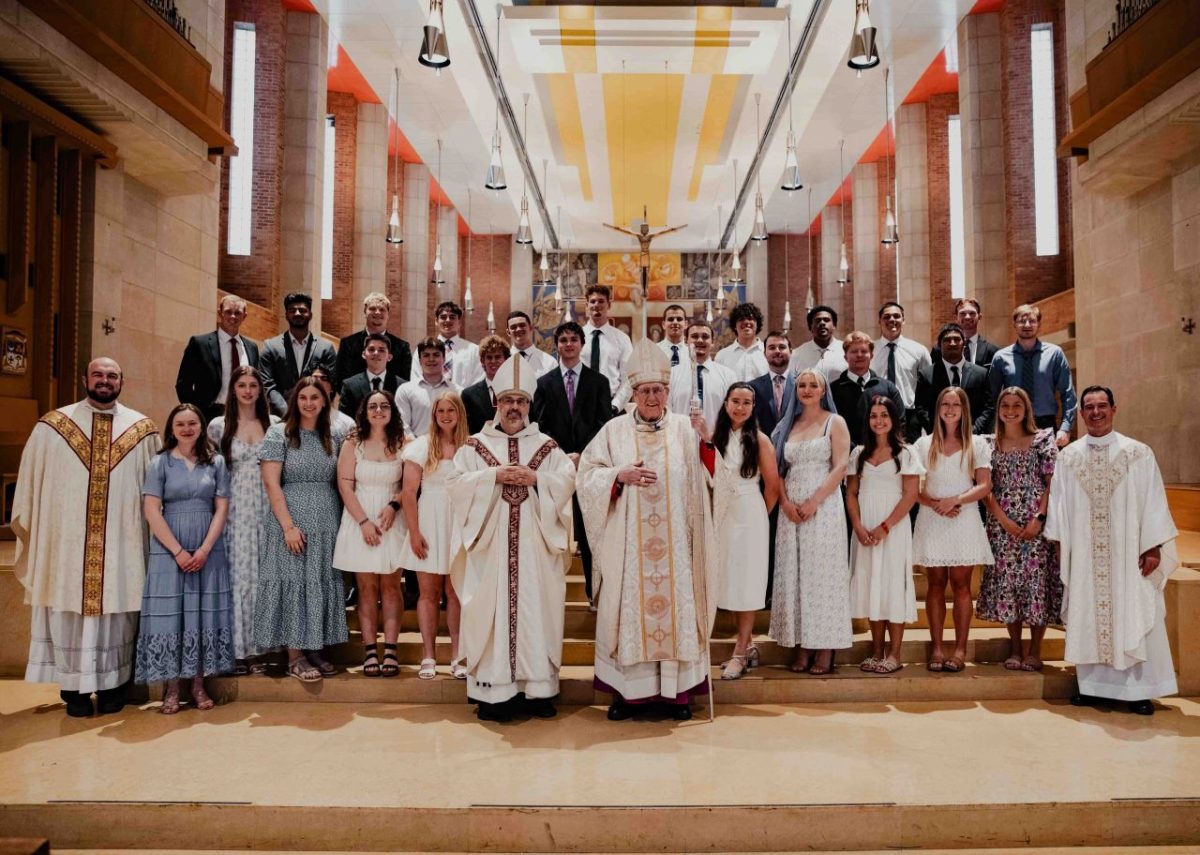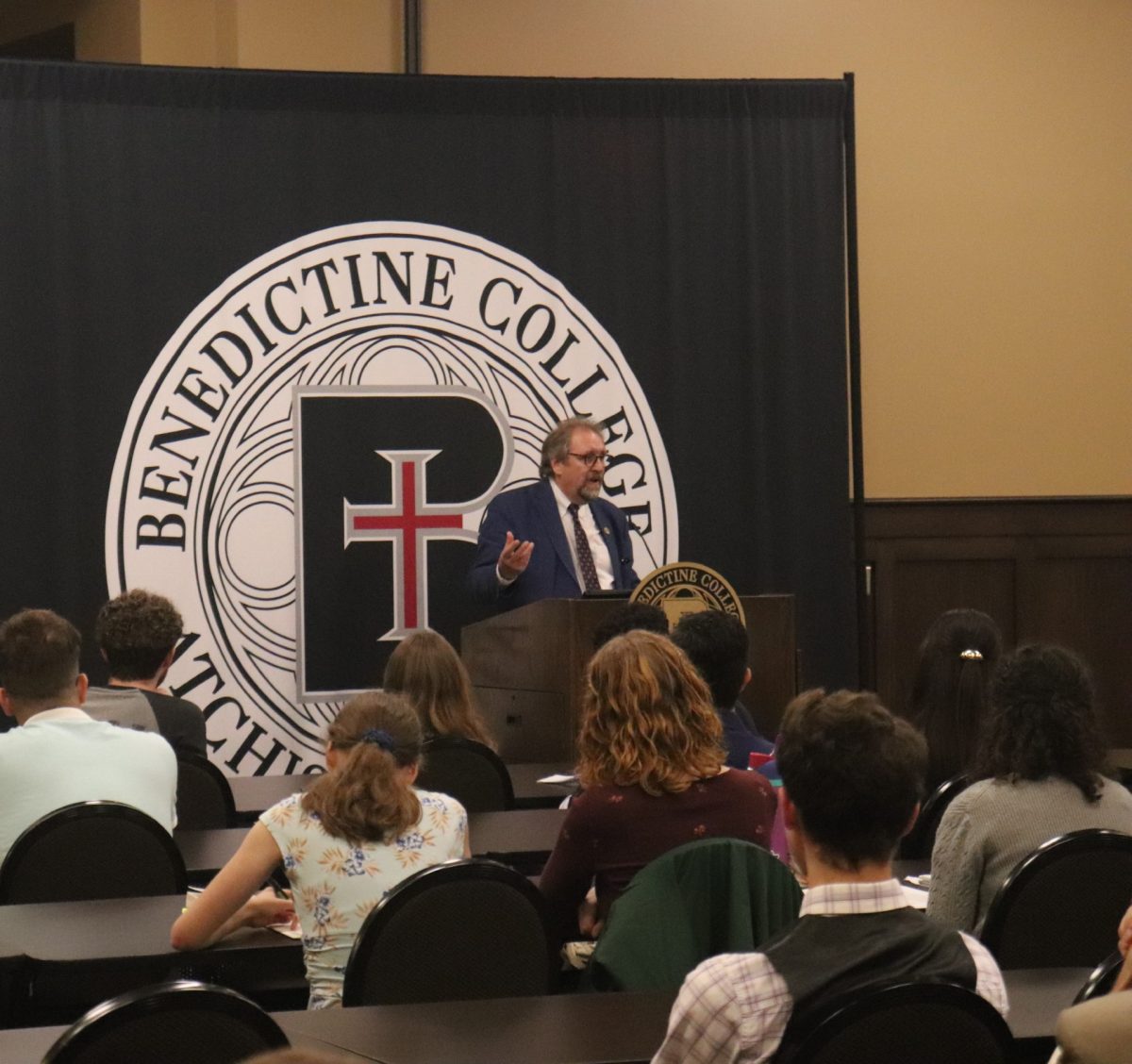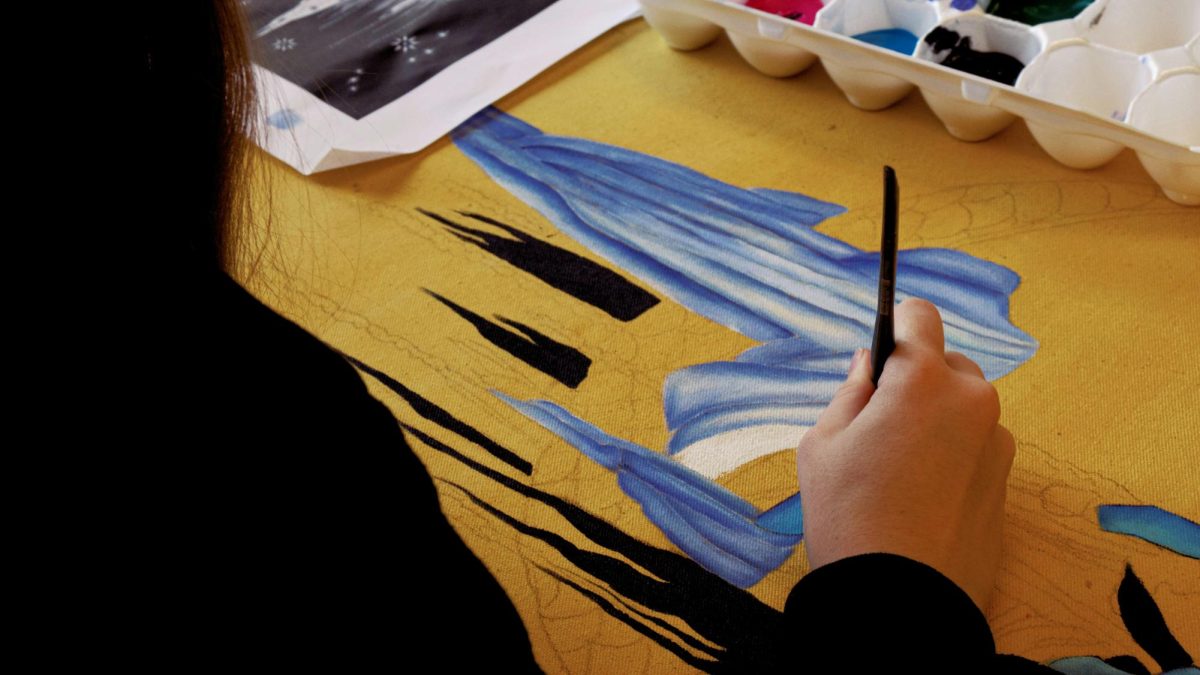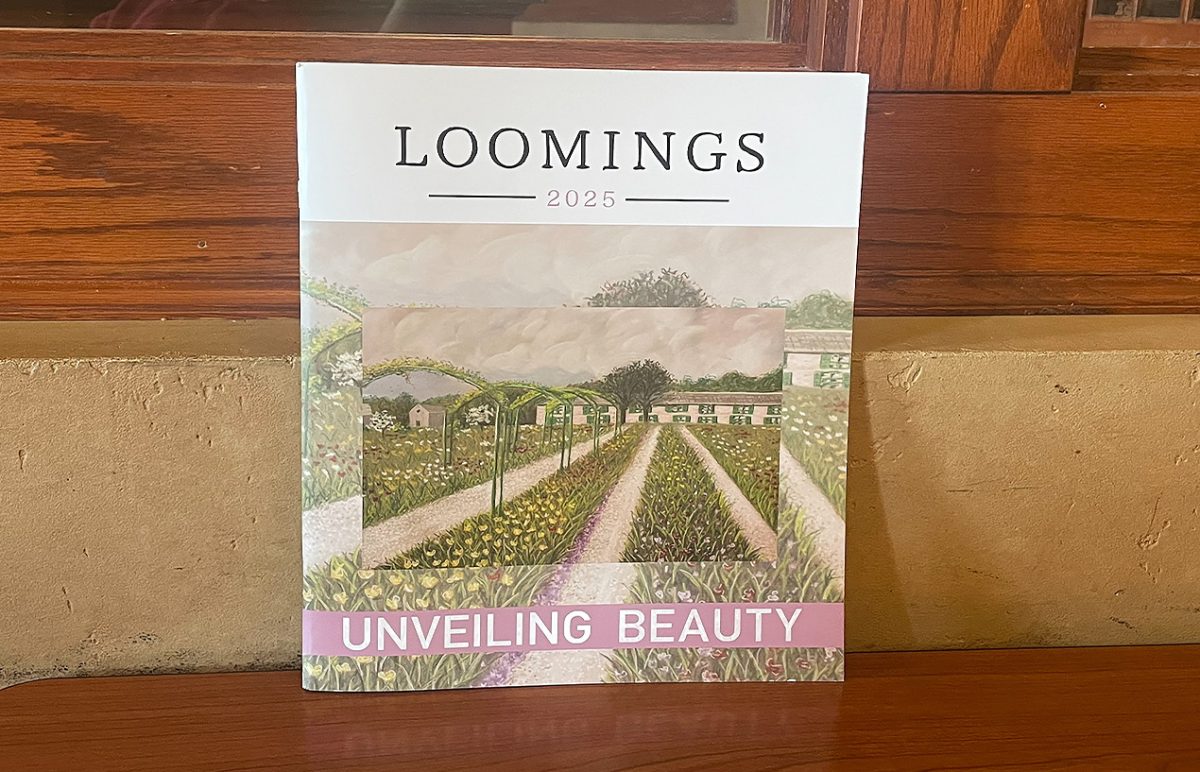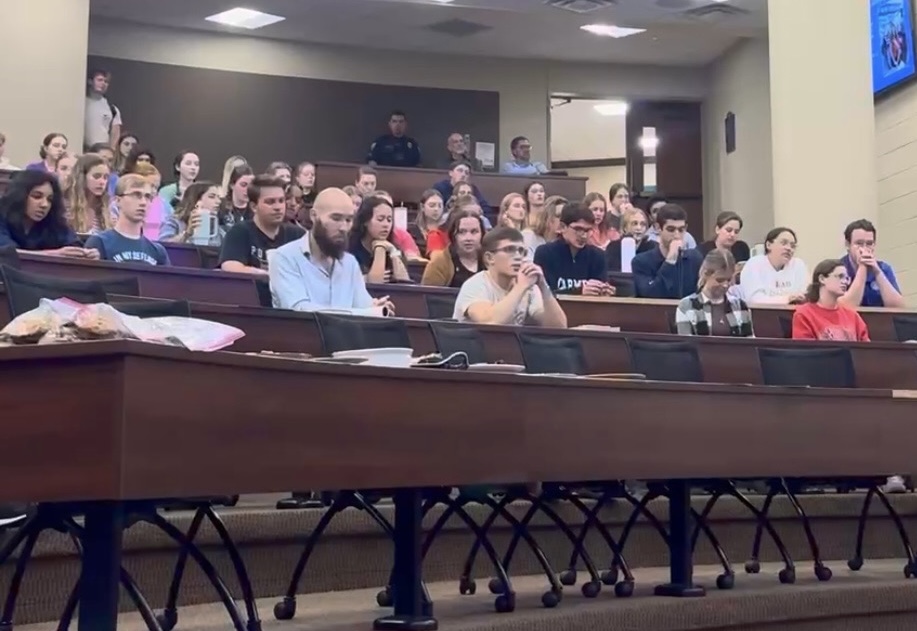Gen Z is returning to the idea that not everyone needs a four-year degree. This departure from the ways of the previous generations may shock parents, but keeping options open may benefit young people more than they realize.
While Benedictine College provides a community like no other, it is among the most expensive options for higher education. According to the Benedictine College annual and semester tuition and fee schedule, annual tuition for the 2024-2025 school year is $35,350. When compared to alternative options such as trade school and community college, this number is staggering. The yearly tuition for a community college can be as low as $3500, according to the National Society of High School Scholars. Even when scholarships are factored in, the potential for student debt from a private university becomes astronomical when compared to the alternative options.
So, why attend Benedictine? The answer will vary for each student, but I can think of a few possibilities.
For starters, Benedictine does offer several highly practical degrees. Engineering and nursing students will find themselves set up for lucrative careers. Particularly in the case of nursing students, a BSN from a four-year institution will offer more opportunities than a fast-track certification. For these hardworking STEM majors, the cost of a private college education is offset by the promise of constant employment.
What about the humanities majors? Benedictine has no shortage of students in departments such as theology, English, and classics. While these majors do not hold the same concrete promises as nursing or engineering, their purpose is directly tied into one of Benedictine’s core features: this is a liberal arts college. These liberal arts majors prepare students to function in a variety of work environments. However, is this lack of concrete direction worth the risk when leveraged against return on investment and mounting student debt averages?
Ultimately, this is up to each student and their financial situation. But as a communications student with no exceptional financial backing, I can think of one undeniable draw of Benedictine College. This is a community like no other where faith and friendship intertwine. Additionally, there is something to be said for the personal development that comes with a liberal arts education. Many humanities majors go on to have very different careers than they imagined, but the benefits of their education are internal. And for those who go to college simply because of societal pressure, the recent surge in popularity of trade school may be give them the courage they need to pursue a more direct path. If Benedictine College is a questionable financial decision for some, it makes up for it by providing many with a college experience like no other.





